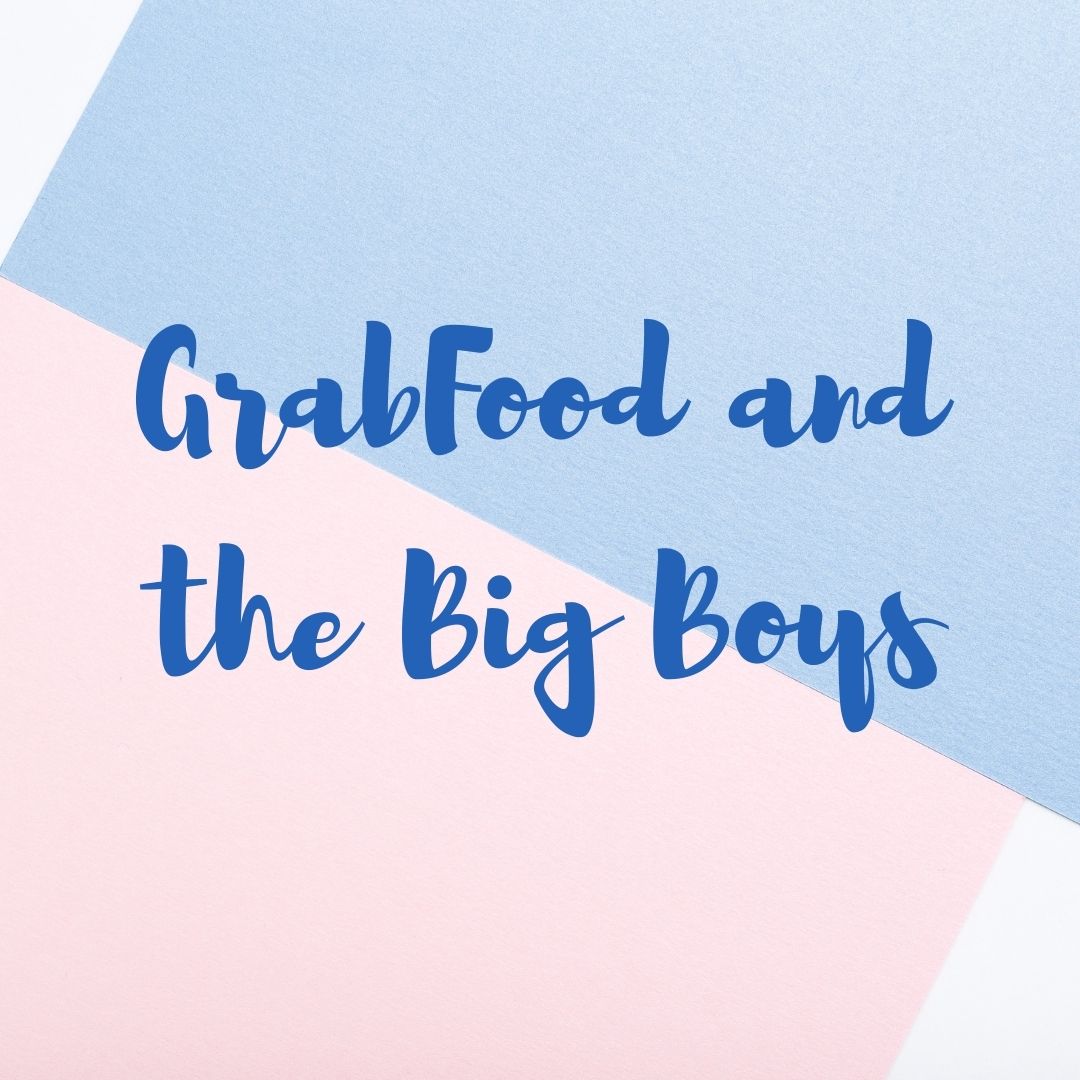Like most markets in the region, Vietnam’s food delivery space is dominated by two players. One of them is GrabFood, the food delivery arm of Singapore-headquartered super app Grab. GrabFood is dominant across the region, with a GMV of US$7.6 billion in 2021. In Vietnam, it has a 41% market share, according to the Momentum Works report. In 2019, GrabFood said it will commit US$500 million towards its Vietnam expansion.
Matching GrabFood’s 41% is the food delivery arm of another Singapore-based giant—Sea Group’s ShopeeFood. Again, Vietnam is an outlier here, since ShopeeFood is barely present in the rest of Southeast Asia, where foodpanda and Indonesian super app Gojek’s GoFood are the other major players. Baemin, owned by South Korean food delivery unicorn Woowa Brothers, and GoFood make up the rest of the pie in Vietnam. foodpanda and Woowa are subsidiaries of German food delivery giant Delivery Hero.

Explore more infographics like this in this – Visual Stories
But while foodtech has gravitated towards becoming a duopoly in most of Southeast Asia, a bunch of smaller players are carving a niche for themselves in Vietnam. The last six to eight months have been tough, but startups like Andale and Loship have used this period to distinguish themselves. While Andale caters to expats and a premium clientele, Loship has its fingers in many pies within the delivery space. The two companies also charge lower commissions than Grab and Shopee.
Despite a near-duopoly, there is room to grow in Vietnam. The country, along with Myanmar and the Philippines, is expected to lead the growth in Southeast Asia’s food delivery space over the next four years, according to a report by market research firm Euromonitor International.
However, the endgame for the players waging the food delivery war in Vietnam may not even be in food delivery.
GrabFood and the Big Boys
The green jackets and helmets of GrabFood’s delivery riders are ubiquitous in Vietnam, much like the rest of Southeast Asia. Its position of dominance is impressive considering GrabFood launched only in 2018, while the company that is now called ShopeeFood has been around for nearly a decade.
In 2017, the Sea Group purchased Vietnamese tech firm Foody Corporation, which ran a well-established food delivery platform called NowFood. Foody was launched in 2012 as a restaurant listing and review platform—it was known as Vietnam’s Yelp—before becoming one of the earliest food delivery players in the country in 2015. Sea Group rebranded NowFood as ShopeeFood in August last year.
While Vietnam was its first market, ShopeeFood also launched operations in Indonesia and Malaysia last year. The Sea Group aspires to make ShopeeFood a proper contender in Southeast Asia’s food delivery race. Baemin, meanwhile, has expanded into 21 provinces and cities in Vietnam, more than any other platform. According to Momentum Works, Baemin’s market share grew from 9% in 2020 to 15% in 2021.